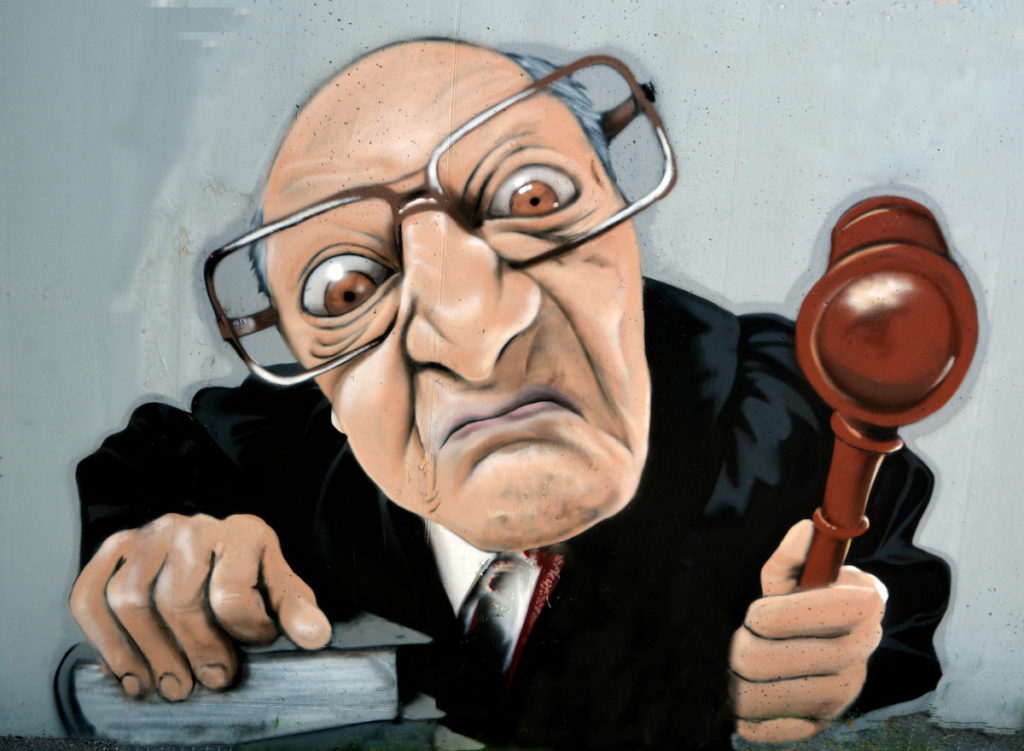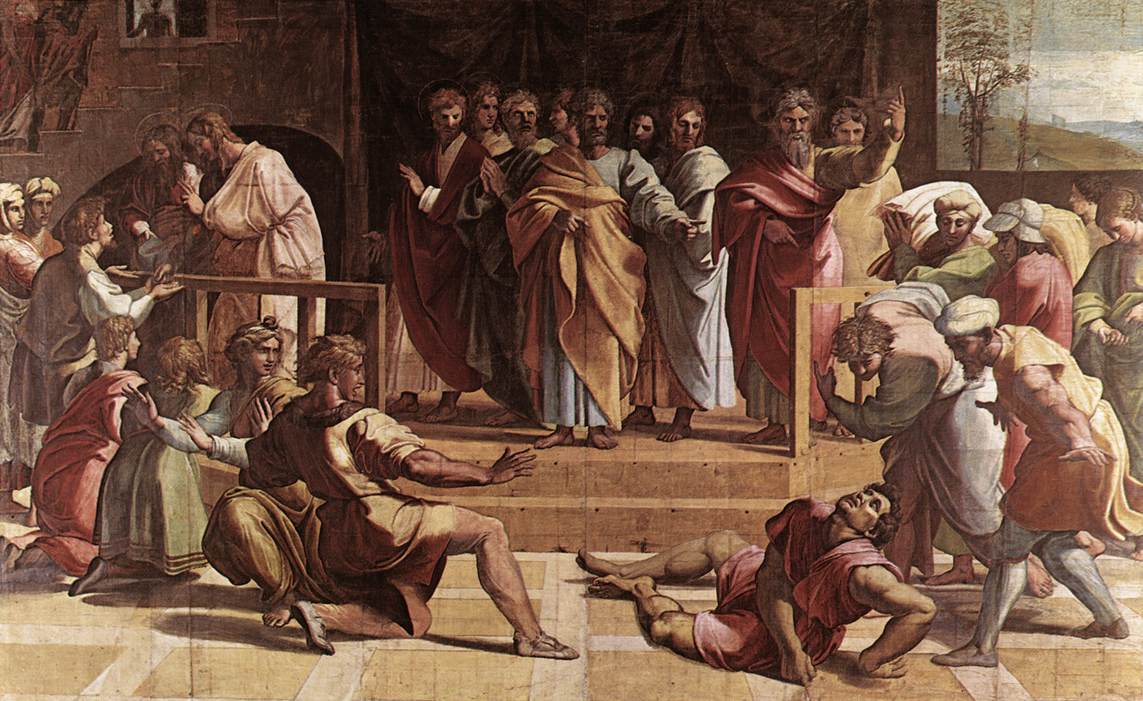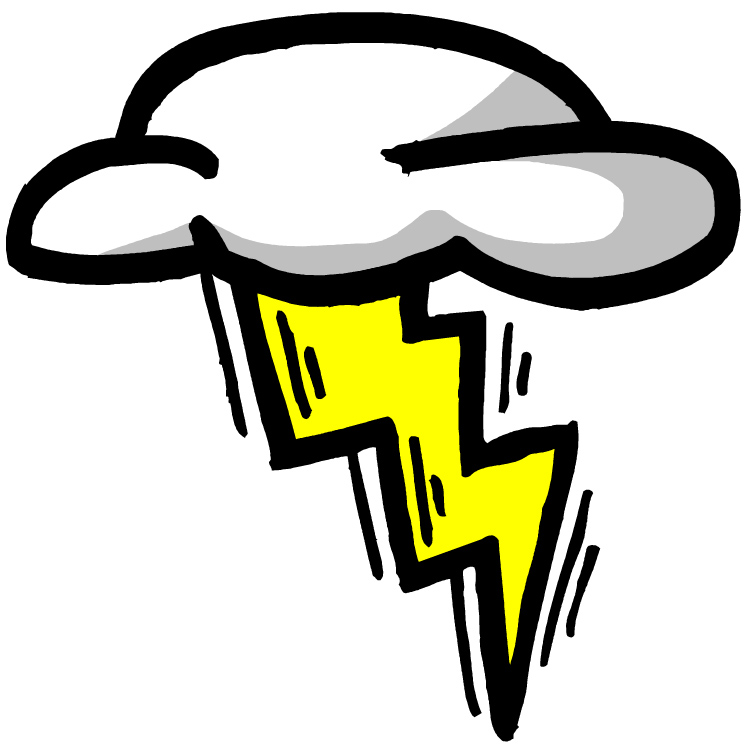Tag Archives: Divine Judgment
The Parable of the Unjust Judge: The End Times Prophetic Implications

Luke 18:1–8, “And he spoke a parable unto them to this end, that men ought always to pray, and not to faint; saying, ‘There was in a city a judge, which feared not Elohim, neither regarded man. And there was a widow in that city and she came unto him, saying, “Avenge me of mine adversary.” And he would not for a while, but afterward he said within himself, “Though I fear not Elohim, nor regard man, yet because this widow troubles me, I will avenge her, lest by her continual coming she weary me.”’ And the Master said, ‘Hear what the unjust judge said. And shall not Elohim avenge his own elect, which cry day and night unto him, though he bears long with them? I tell you that he will avenge them speedily. Nevertheless when the Son of man comes, shall he find faith on the earth?’”
Though Yeshua’s people have been treated unjustly by this world’s political and justice systems, and though they have had to struggle for every shred of justice due them, the day is coming just prior to and at the return of Yeshua when the scales of justice will be balanced in the saints’ favor. This parable speaks to the time in the near future when the wicked will be punished, YHVH will avenge his own elect, and the righteous will be rewarded. Good will triumph over evil.
This final balance of the scales of justice will occur in the time period between the last trumpet, which occurs on Yom Teruah (the Day of the Blowing of Trumpets) and Yom Kippur (the Day of Atonement) when the saints will receive their heavenly rewards (1 Cor 15:51–57; Rev 11:15–18) and the wicked will receive theirs (Rev 14:14–Rev 16:21).
What You Can Do
Yeshua admonishes us to pray always and do not faint in anticipation for the day of his return to come. It will be then that the righteous will reap the rewards of righteousness if they do not grow weary in the meantime for their well doing (Gal 6:9).
What are the criteria that Yeshua the Just Judge will use to determine the levels of rewards his saints will receive at this coming? While salvation is a free gift not based on one’s works (Eph 2:8), there are levels of rewards in the Elohim’s kingdom, which will be based on one thing: works! Yeshua clearly teaches that each man will be rewarded according to his works (Matt 16:27 cp. 25:14–30). Whether one will be the least in Yeshua’s kingdom (the lowest level of rewards) are greatest (the highest level of rewards) will be determined by how faithful we were in following the Torah. Yeshua clearly states this in Matthew 5:19! On judgment day, the wicked will be rewarded according to their works (Rev 18:6; 20:12 cp. Matt 25:14–30) and the righteous according to theirs (Rev 20:12,13 cp. 19:8, NKJV, NIV or NAS).
On Blessings, Curses and Divine Judgment
Leviticus 26:1–46, Blessings and Curses Based on Obedience to YHVH’s Torah-Word

The corollary to this passage is Deuteronomy chapter 28. These judgments come upon a people who have forgotten their Elohim because they have been blessed materially and in their self-sufficiency have forgotten who is the source of their blessings. The Torah continually stresses that blessings are contingent upon obedience to YHVH. Similarly, Yeshua reveals that rewards in his everlasting kingdom are also contingent on obedience to his Torah-laws. The greater the obedience, the greater the reward (Matt 5:17).These principles are universal, yet how we tend to forget the cycles of history that repeat themselves over and over again like the unstoppable turning of giant millstone grinding into powder those who refuse to learn the lessons from the past. Each generation proudly asserts it’s exceptionalism and that, somehow, it’s immune to YHVH’s inexorable and immutable principles of divine judgment. Only in the perfect hindsight of history can we see the fallacy of this assumption. Ancient Israel failed to learn these lessons as have subsequent people who claimed to follow the Bible.

In the case of America, and Great Britain before her (and other formerly European Christian nations as well), there was in times past a national consciousness of core biblical values and, to one degree or another, a general public acknowledgement, acceptance of and respect for the Elohim of the Bible. However, as a nation becomes blessed, it reaches an apogee of prominence, power and wealth where it becomes rich and increased with goods and no longer needs Elohim—or so it thinks. It become fat and forgets the source of its wealth and falls into a state of self-sufficiency leading to spiritual blindness in that it fails to recognize its true spiritual state (recall YHVH’s warning to a lukewarm church in Rev 3:14–22). This can happen to individuals, churches and to whole societies.
Because YHVH loves his people and wants to walk among them, to be their Elohim and to bless them (Lev 26:12), when they disobey him and walk in ways that are harmful to their well-being, like any loving parent, he is forced to discipline them. Again and again he sends them his prophets and watchmen to warn them that they’re on a path of self-destruction. But because of pride, they refuse to humble themselves and repent (Lev 26:40–41). It’s the same old story over and over again. Human pride insists that “judgments can’t happen to us because we’re so special.” “All things will continue as they have from the beginning and no evil shall befall us” a self-assured society and individual retorts in mocking and scoffing tones to all those who would hold them accountable for their errant ways (2 Pet 3:3–7). If only the great people, nations and empires that have already trodden this well-worn path and are now in the dust bin of history could speak from their graves and this generation had heart ears to hear!
Continue readingTrials and persecution? Yes. Divine judgement? No.

Exodus 8:22; 9:4, 26, Set apart the land of Goshen. YHVH separated the children of Israel from the Egyptians in that he spared them from the last seven plagues. What does this teach us about the judgments of Elohim? The Israelites were made to go through the first three plagues only. Do YHVH’s people ever experience trials and tribulations? Yes. (Read Deut 8:2–5; 2 Tim 3:12; Heb 11, the entire chapter; Rev 7:9–14.) Do the saints need spiritual refinement in order to help them become the chaste bride of Yeshua who is without the spot and wrinkle of sin? Yes. (Read Eph 5:27; 1 Cor 3:9–17.) The saints may go through tribulation, but they will not have to experience Elohim’s wrathful judgments unto death upon a wicked world (1 Thess 1:10; 5:9 cp. Rev 6:17; 7:2–3). Other examples of the saints going through tribulation, but then being delivered before Elohim poured out his final wrath upon the wicked include Lot in Sodom, and Noah at the flood.
Exodus 8:23, I will make a difference. As YHVH intensifies his judgments on a nation to get that nation’s attention, he, at the same time, will highlight his true servants by affording them special protection from the judgments. He delivered both Noah and Lot from his severe judgments upon the surrounding heathen rebels. This will occur in the end times when YHVH will allow some of his servants to escape his judgments (Ezek 9:4; Luke 21:36; Rev 7:4; 9:4). He will lead them through the flood and fire (Isa 43:2).
The sins and false gods of a nation catch up with it!

Exodus 7:14, The ten plagues. The ten plagues were Elohim’s judgment against the gods and idols of Egypt (Exod 12:12; 33:4; Num 33:4). Here are the list of plagues and possible suggestions as to which gods of Egypt YHVH was judging. Modern man worships these same false gods, and YHVH will bring his judgements against them in the last days.
- The first plague was the water turning to blood. This may have been a judgment against abortion (the Egyptians threw their babies into the Nile for sacrificial purposes) and against materialism (since fewer children mean fewer expenses for a family, and the Nile River was the source of Egypt’s prosperity).
- The second plague was frogs. This may have been a judgment against pride (frogs puff themselves before they croak) and environmentalism or animal worship. In America, for example, after 9/11, how many bumperstickers did we see that had the words “pride” on them, and “God bless America” as if YHVH is duty-bound to bless America? How can YHVH bless a nation that refuses to repent and turn from its arroant and wicked ways?
- The third plague was lice. This may have been a judgment against pride and narcissism (self worship), since the Egyptians were highly focused on their personal appearance and hygiene, their appearance and in shaving of body hair.
- The fourth plague was flies, which may have been a judgment against devil worship, occultism and witchcraft (i.e. the whole religious system of Egypt). A biblical name for Satan was Beelzebub, or lord of the flies (Matt 12:25–27; Luke 11:15–19).
- The fifth plague was the death of the livestock. This may have been a judgment against transportation and commerce.
- The sixth plague was boils, which may have been a judgment against the Egyptians obsession with their bodies and faith in medical science.
- The seventh plague was hail, which may have been a judgment against their agriculture industry and earth worship.
- The eighth plague was locusts. This may have been a judgment against Egypt’s food production. The Nile River and its delta was one of the bread baskets of the ancient world and a source of great wealth to Egypt.
- The ninth plague was darkness. This may have been a judgment against Egypt’s intelligentsia and religious system, which was spiritually devoid of the light of truth.
- The tenth plague was the death of the firstborn, which was a judgment against Egypt’s future and posterity.
The destruction of Pharaoh and his armies in the Red Seawas a judgment against Egypt’s political and military might.
Is YHVH Elohim bringing America and other “Christian” nations under judgment for the sins they have committed against him, even as he brought judgment against the gods of Egypt? What are the similarities between the gods of ancient Egypt and those of western and (formerly) Christian cultures? In America, for example, in recent years, there has been a marked increase in adverse weather conditions (e.g. droughts), natural disasters (e.g. wild fires, mass deaths of different kinds of animals, earthquakes in unlikely places), terrorism, bank and financial failures, personal and corporate bankruptcies, economic inflation, cost of living increasing, high foreclosure rates on homes, private and government financial debt, government scandals and corruption and, mass invasion by illegal and criminal, persecution of Christians, an invasion of demonic religions (e.g. Islam) just to name a few of the possible judgments against a nation that has turned its back on Elohim and the Bible.
Divine Judgment Against the Saints in the “Age of Grace”???
Acts 5:1–11, The deaths of Ananias and Sapphira. Why did Elohim kill them? It is because they committed the unpardonable sin in that they willfully and in a premeditated plot lied to the Elohim. There is no sacrifice or forgiveness for willful sin. YHVH was showing us that even in the age of the New Covenant, the so-called “age of grace,” Elohim’s grace doesn’t cover willful sin. Let us all fear YHVH Elohim and tremble before him all the time!
Some scholars suggest that YHVH killed them because they violated the Torah laws regarding the handling of devoted things, for which there was a death penalty (Lev 27:28–29). Perhaps so. Whatever the case, it’s interesting to note that YHVH struck Ananias and Sapphira dead after the cross in, what many Christians call, the dispensation of grace era when, in their minds, sin doesn’t carry the same severe penalty us under “old covenant,” law of Moses era. What we learn from this is that YHVH still views sin as sin, and the wages of sin is still death (Rom 6:23). This has never changed before or after the cross of Yeshua. Just because one isn’t struck dead immediately upon having sinned doesn’t mean one hasn’t incurred the death penalty. That death penalty is only waived when one repents of their sin and asks for YHVH’s forgiveness through faith in Yeshua whose death paid the death penalty price for our sins.
Likely, such divine judgments still occur in our day more frequently than we realize. It may not involve the death of the individual, but rather sickness, demonic attacks, financial setbacks and other adversities that occur to us. The problem is that because of human pride and spiritual deafness and blindness, most people fail to recognize the cause of their problems. We attribute them instead to random circumstances and time and chance instead of to YHVH’s hand of judgment against us because of our sin, which we fail to recognize and repent of.
Paul addresses this issue in 1 Cor 11:27–32 with regard to those who eat of the communion elements in a careless or indifferent manner.
Therefore whoever eats this bread or drinks this cup of the Lord in an unworthy manner will be guilty of the body and blood of the Lord.
But let a man examine himself, and so let him eat of the bread and drink of the cup.
For he who eats and drinks in an unworthy manner eats and drinks judgment to himself, not discerning the Lord’s body.
For this reason many are weak and sick among you, and many sleep.
For if we would judge ourselves, we would not be judged.
But when we are judged, we are chastened by the Lord, that we may not be condemned with the world.
Nadab and Abihu—A Prophetic Picture of Divine Judgment Coming!
Leviticus 10:1–7, Nadab and Abihu…profane fire. Nadab and Abihu were executed by the fire of YHVH for not following his commandments. This disobedience was induced by the consumption of alcohol, which impaired their ability to follow YHVH’s protocols for the tabernacle service (Lev 10:9).
Likewise, at the end of the Messianic Age (Millennium) unrepentant sinners will be executed by the fire of YHVH in the lake of fire (Rev 20:15) because they have been made drunk by the false religious teachings of the whore system of religious spiritual Babylon and Satan (Rev 18:3–4).
We are now living in an age where, thankfully, most of our sinful actions are not met with instant divine judgment (the case of Ananias and Sapphira in the Book of Acts would be a notable exception).
Does knowing that YHVH will not instantly “zap” us with the proverbial lightning bolt from heaven when we sin cause us to become lax and even calloused toward sin in our lives? Do we truly walk in the fear of YHVH? Do we fear the consequences of sin even though the results may not be immediate? How loose is your spiritual walk? How many hidden sins that no one knows about do you have that you are failing to deal with? The path of righteousness is becoming narrower and narrower.
Moreover, there are levels of rewards in Yeshua’s kingdom. Not everyone will be “the greatest in the kingdom of heaven.” Some will be the least, and many will not even be there at all (Matt 5:19 cp. 1 Pet 4:18).
Remember that the tares that were mixed in with the wheat were culled out and burned (Matt 13:24–30). This is a picture of true versus false converts coexisting in the spiritual body of Yeshua or the church to the very end!



